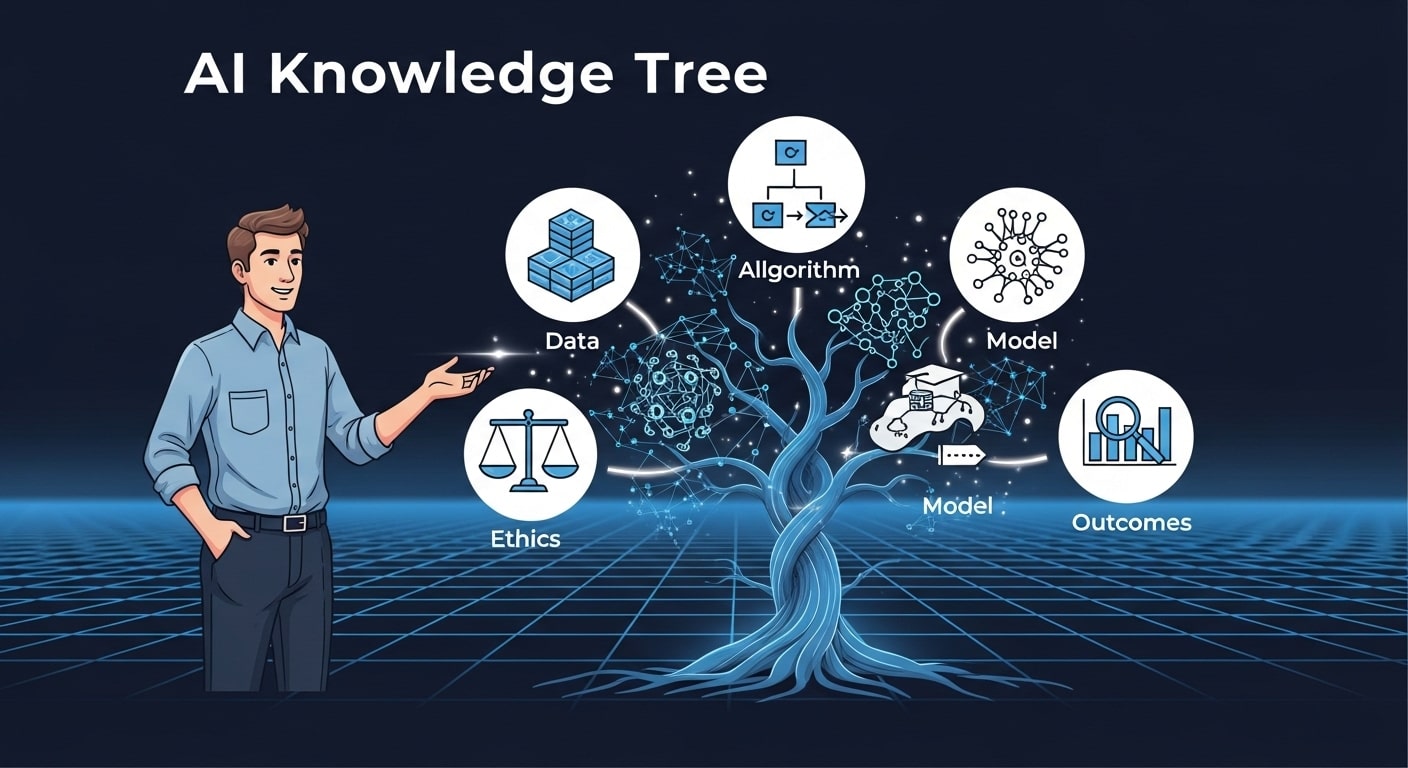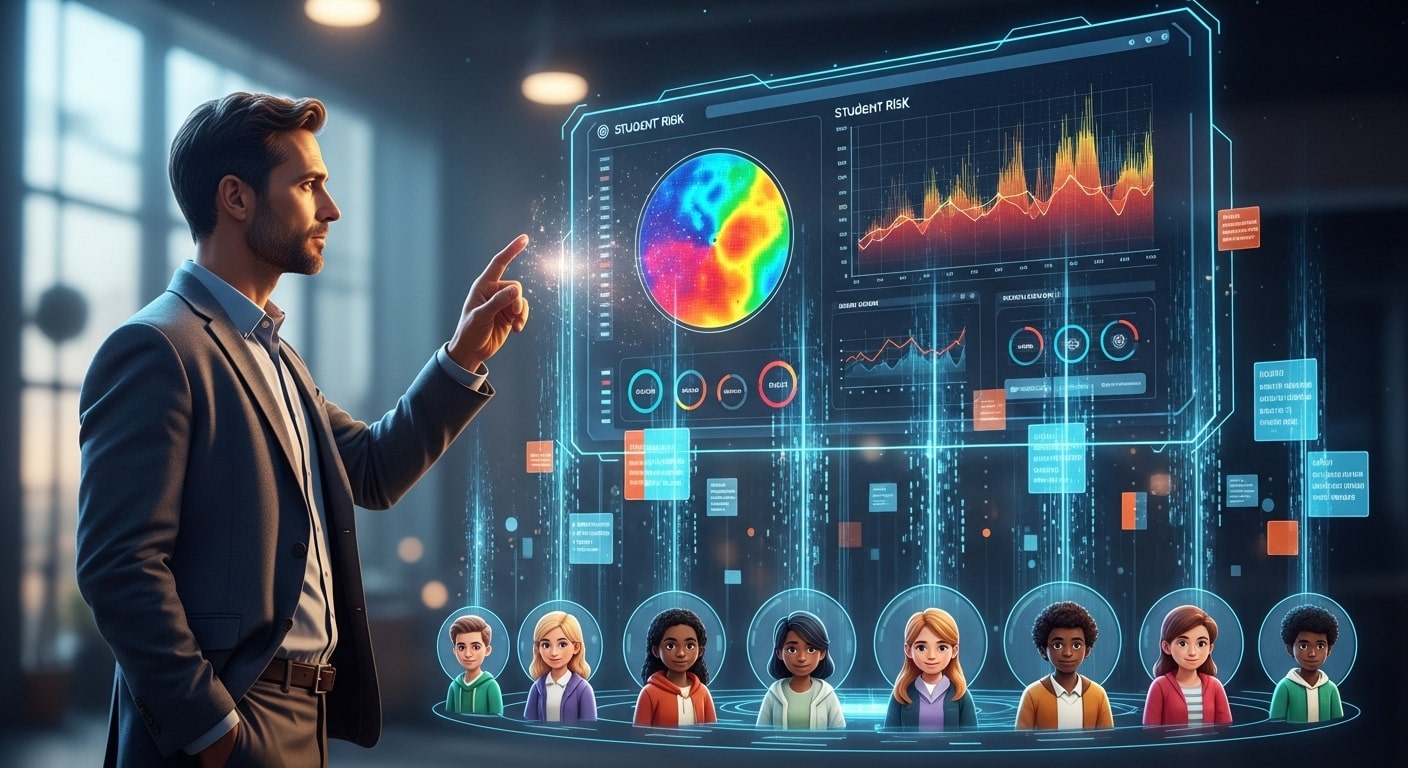Artificial Intelligence (AI) has rapidly moved from science fiction to an everyday reality in education. As a teacher in 2025, understanding the basics of AI isn’t just helpful—it’s becoming essential. But what exactly do educators need to know about this technology?
What is AI, Really?
At its core, AI refers to computer systems designed to perform tasks that typically require human intelligence. In education, we’re primarily dealing with “narrow AI”—systems designed for specific purposes like grading assignments or generating lesson plans—not the general-purpose AI of science fiction.
The most common AI tools in education use technologies like:
- Natural Language Processing (NLP): Allows computers to understand, interpret, and generate human language
- Machine Learning: Enables systems to learn from data and improve over time
- Computer Vision: Helps computers interpret and understand visual information
Key AI Tools for Today’s Classroom
Several AI tools have become particularly valuable for educators:
Large Language Models (LLMs) like ChatGPT and Claude can generate text, answer questions, and help with content creation. They’re useful for drafting materials, brainstorming ideas, and providing explanations.
Adaptive Learning Platforms like DreamBox and Knewton Alta use AI to personalize learning paths for students based on their performance and needs.
Automated Feedback Tools such as Grammarly Education and Revision Assistant provide immediate feedback on student writing, freeing teacher time for deeper instructional work.
Content Generation Tools like MagicSchool.ai can create customized worksheets, quizzes, and other materials tailored to specific learning objectives.
Benefits and Limitations
AI offers significant benefits for education:
- Saves time on routine tasks like grading and material creation
- Enables personalization at scale
- Provides immediate feedback to students
- Offers data insights that might otherwise be missed
However, it’s important to recognize its limitations:
- AI can make factual errors or “hallucinate” information
- It lacks true understanding of context and nuance
- It requires human oversight and judgment
- It raises important ethical questions about privacy and equity
Getting Started with AI
If you’re new to AI in education, here are simple ways to begin:
- Start with content creation: Use AI to help draft lesson plans, create differentiated materials, or generate creative writing prompts.
- Explore feedback tools: Try tools that provide automated feedback on student writing or math work to supplement your own feedback.
- Experiment with personalization: Use adaptive platforms to provide more tailored learning experiences for students.
- Teach AI literacy: Help students understand what AI is, how it works, and how to use it responsibly.
The Human Element Remains Essential
Perhaps the most important thing for educators to understand about AI is that it’s a tool, not a replacement. The technology works best when it handles routine tasks, freeing teachers to focus on what matters most: building relationships, providing mentorship, fostering critical thinking, and nurturing the uniquely human aspects of learning.
As AI continues to evolve, the most successful educators will be those who learn to collaborate effectively with these tools while maintaining their irreplaceable human expertise and connection.
Want to learn more about implementing AI in your classroom? Check out our next article: “10 Simple Ways to Start Using ChatGPT in Your Classroom Today.”




